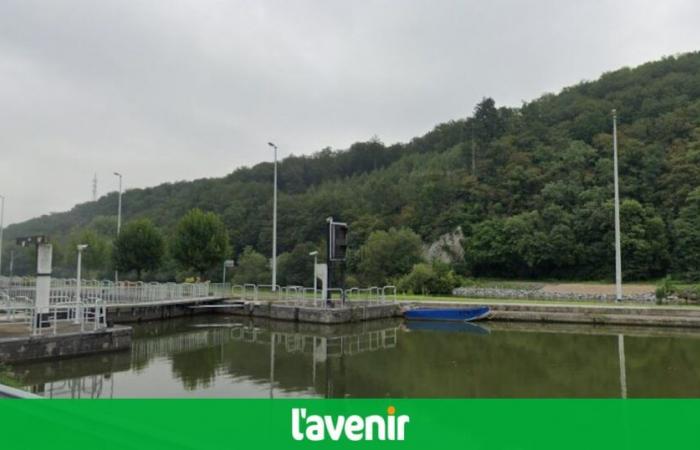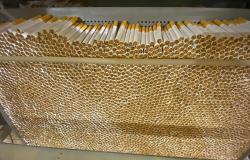Yves Coppieters first expressed his astonishment at how he learned of this big leak. “While a warning and alert system is planned by the International Commission of the Meuse to enable responsible authorities to quickly warn neighboring regions and countries of an abrupt or sudden deterioration in water quality in relationship with accidental pollution […] It was only on Tuesday, November 12, four days after the incident, that my administration learned of it through the press. This is completely unacceptable. I think that Brussels was warned before the Walloon Region. “
Always increased vigilance
Therefore, the environmental police contacted the Ardennes prefecture, in order to obtain additional information on the spilled product and the measures taken by the French authorities. On-site visits were immediately carried out, said the minister. “No trace of pollution or fish mortality has been observed in the Meuse, on the Belgian border. Furthermore, several samples taken automatically at the Aquapôle monitoring network station, located in Hastière, have already been taken to the ISSeP for analysis. Samples from the following days were also taken for analysis. According to simulations, the pollution would take four to five days to reach Belgium. At the Hastière lock, on the French border, no pollution has yet been observed. However, increased vigilance will still be exercised in the coming days. In relation to the risk to human health, it was ruled out by the French firefighters present on site on the day of the accident. They did not consider it relevant to place absorbent devices, given the high miscibility of the product in water.“
Consumption of Mosan fish on hold
The Belgian authorities also obtained, from the French authorities, the technical data sheet for the spilled product, which confirms that it is not dangerous, including for aquatic organisms, except for acute and prolonged toxicity for certain fish. “Even if no fish mortality has been observed, the prefect of the Ardennes has issued, as a precaution, a decree prohibiting the consumption of fish caught in the Meuse between the communes of Mouzon and Givet until November 24, 2024. This same recommendation was relayed [en Wallonie] to fishing federations by the Department of Nature and Forests (DNF).”
Conclusion ? “We find ourselves in a situation which could have led to much more damaging consequences for our environment, if the spilled product had been of a highly toxic nature. Communication is essential to best manage pollution, and the first hours are often crucial in such a context. It is regrettable that the procedure put in place was not strictly applied by France. This is why I am going to send a letter to the prefect. I also asked the SPW ARNE (Editor's note for Agriculture, Natural Resources and Environment), of which an agent is the head of the Walloon delegation to the international commissions of the Scheldt and the Meuse, to put this point on the agenda at their next meeting.“






